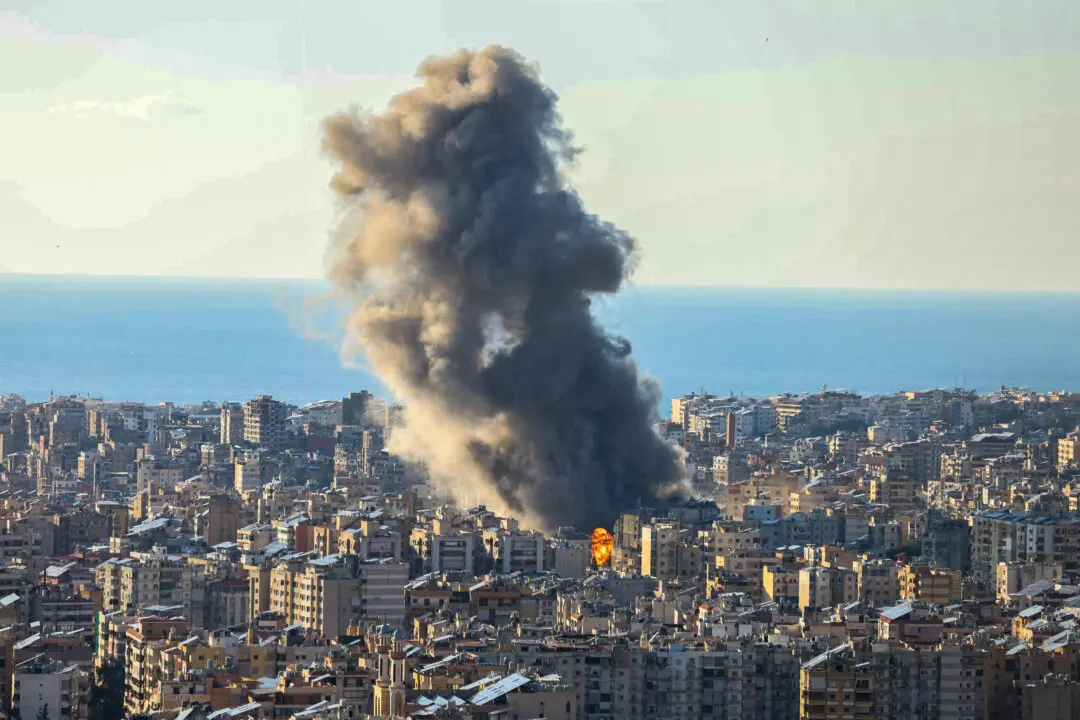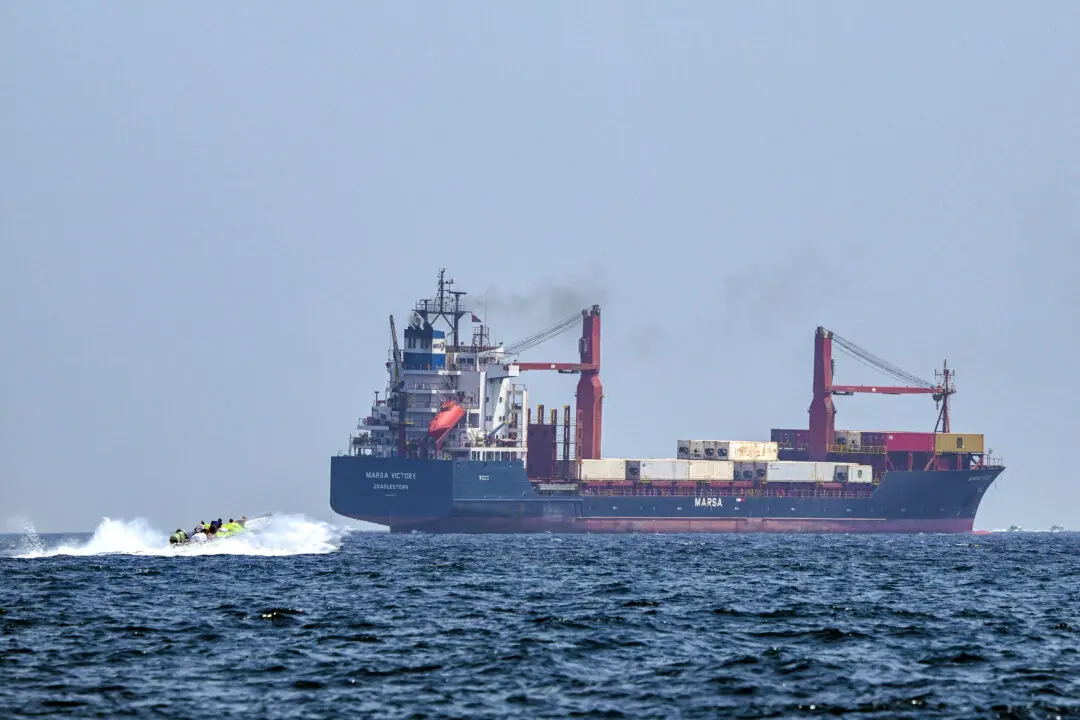The death toll from the earthquakes in Turkey and Syria have exceeded 8,700, with thousands more injured, infrastructure crumbling, and rescue groups struggling to bring aid to the victims.
In Turkey, at least 6,234 people are confirmed dead. The Syrian government along with a rescue team operating in the opposition-held northwest region reported at least 2,500 deaths in the country, with the government controlled-provinces of Aleppo, Idlib, Tartous, Latakia, and Hama accounting for over 800 deaths, and the northwest accounting for more than 1,280. Combined, at least 8,734 people have died in Turkey and Syria.





